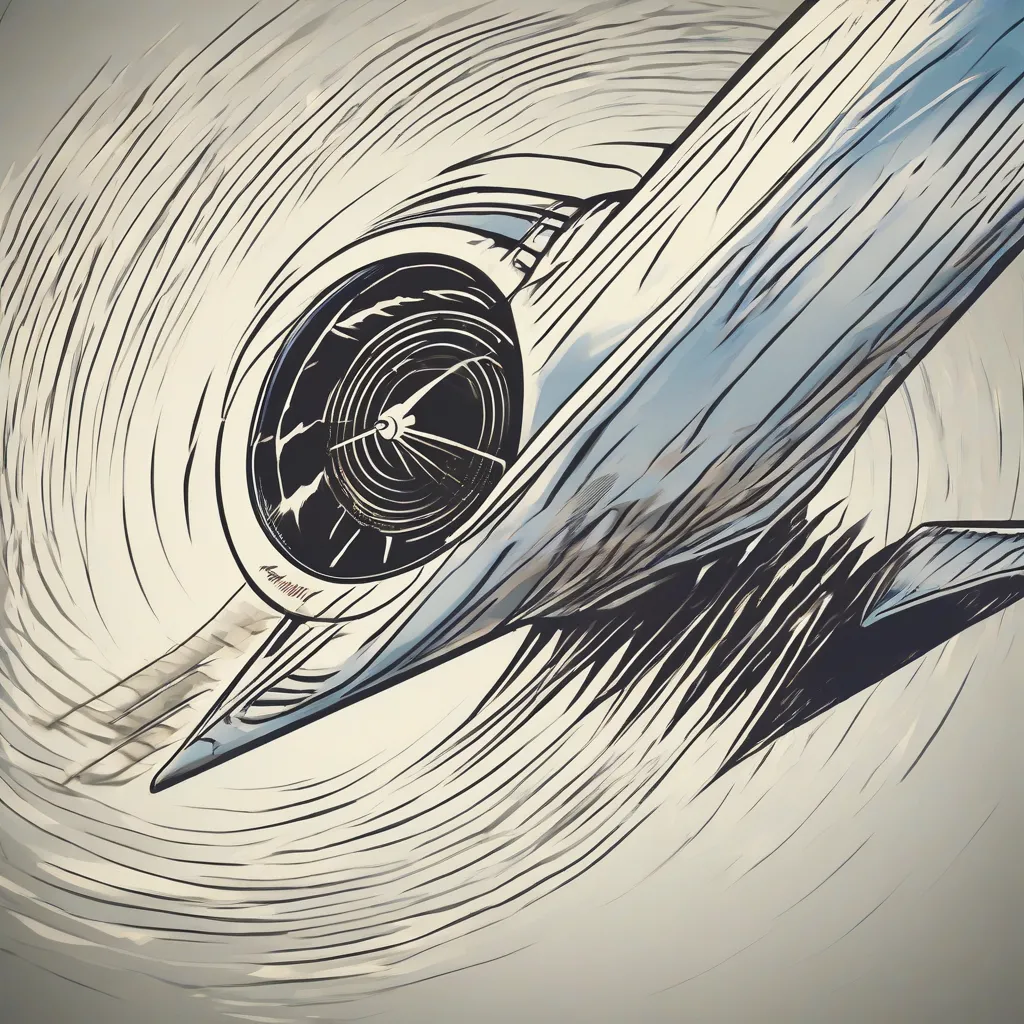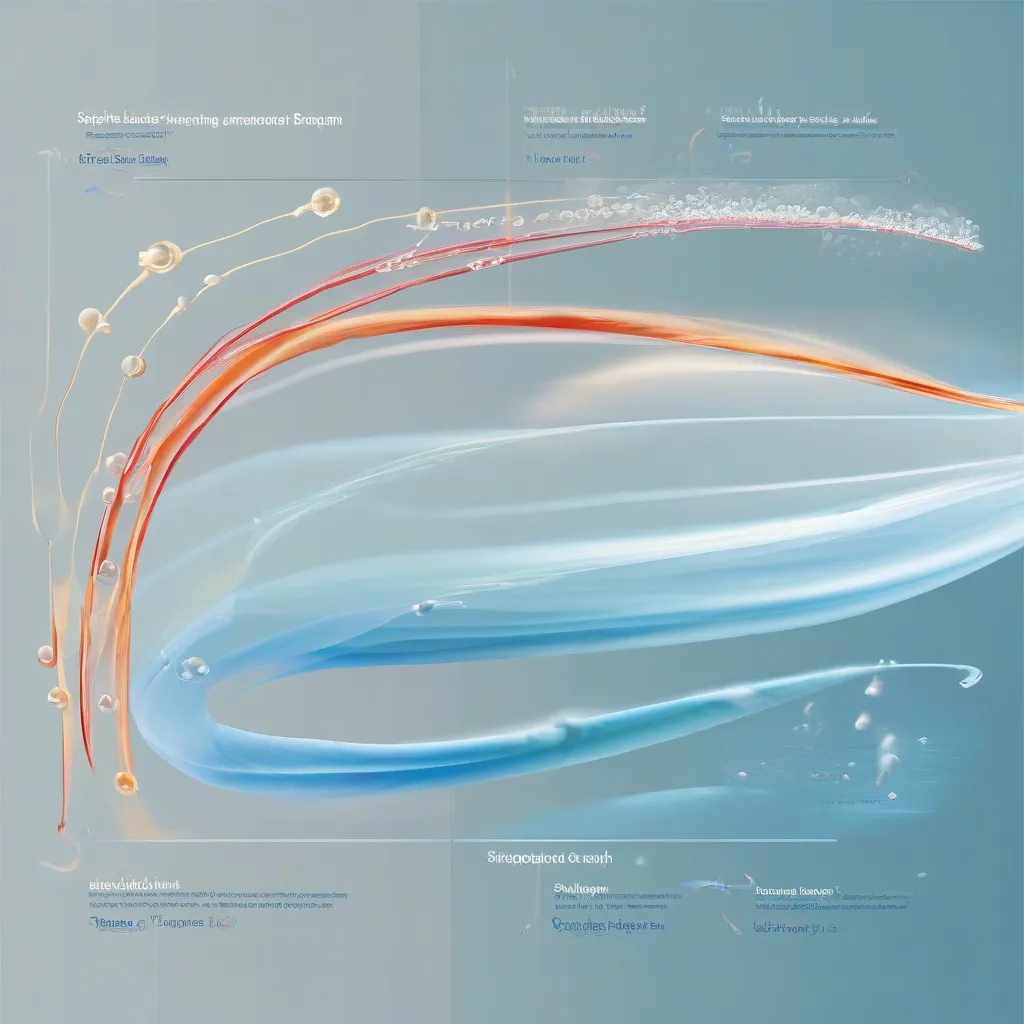Have you ever noticed that you see the lightning before you hear the thunder during a storm? This happens because light travels faster than sound. But just how fast does sound travel, and what does it mean for our travel experiences around the globe? Let’s dive into the fascinating world of sound speed and its influence on our adventures.
The Speed of Sound: Not as Fast as You Think
The speed of sound isn’t constant. It varies depending on factors like temperature, humidity, and the medium through which it travels.
Here’s a quick breakdown:
- In dry air at 20°C (68°F), sound travels at approximately 343 meters per second (767 miles per hour).
- This speed decreases in colder temperatures and increases in warmer ones.
- Sound also travels faster through denser mediums. For instance, it zips through water about four times faster than through air.
Fun Fact: Did you know that the speed of sound is the basis for the Mach number? This measurement, named after physicist Ernst Mach, is used to express the speed of objects traveling at supersonic speeds. For example, an aircraft traveling at Mach 2 is moving at twice the speed of sound!
Sound and Travel: From Echoing Canyons to Sonic Booms
Understanding the speed of sound can enrich our travel experiences:
- Natural Wonders: Imagine standing at the edge of the Grand Canyon, shouting hello, and hearing your voice echo back seconds later. This delay is due to the time it takes for sound to travel across the vast canyon and back.
- Cultural Experiences: In many cultures, sound plays a vital role in traditions and celebrations. For example, the rhythmic beating of drums in African ceremonies or the clanging of bells in Buddhist temples creates a powerful and moving auditory experience.
- Aviation: As mentioned earlier, the speed of sound is crucial in aviation. When an aircraft breaks the sound barrier, it creates a sonic boom, a loud, explosive sound caused by the shock waves created.
 Speed of Sound Airplane
Speed of Sound Airplane
Planning Your Travels with Sound in Mind
While sound speed might not directly impact your itinerary, it’s fascinating to consider its effects on your experiences:
- Enjoying Performances: When attending concerts or theater performances, the venue’s acoustics, influenced by sound reflection and absorption, can significantly impact your enjoyment.
- Navigating Cities: In bustling cities like New York or Tokyo, the cacophony of traffic, sirens, and conversations creates a unique soundscape. Noise-canceling headphones can be a traveler’s best friend in such environments!
- Appreciating Nature: Whether it’s the crashing waves on a beach in Bali or the chirping birds in a rainforest in Costa Rica, the sounds of nature can be incredibly soothing and contribute to a sense of place.
FAQs About the Speed of Sound
Q: Why does sound travel faster in water than in air?
A: Sound travels faster in denser mediums because the molecules are packed closer together, allowing vibrations to pass through more quickly. Water is much denser than air.
Q: What happens to the speed of sound at higher altitudes?
A: As you go higher, the air becomes less dense, and the speed of sound decreases. That’s why airplanes flying at high altitudes need to travel at much faster speeds to break the sound barrier.
 Sound Waves Traveling
Sound Waves Traveling
Travel Deeper with Travelcar.edu.vn
Interested in learning more about the science behind travel and exploring other fascinating travel topics? Visit Travelcar.edu.vn for more insightful articles and travel tips!
For example, you might find these articles interesting:
Let us be your guide to understanding the world, one journey at a time.